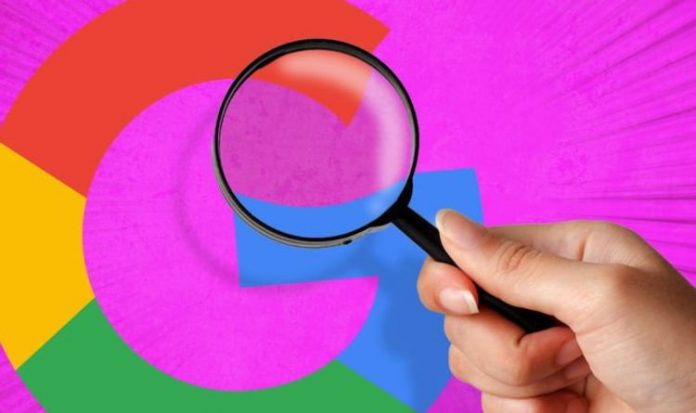Apple introduced a new policy to its App Store on December 8, 2020 that required all developers submitting new apps or updates to existing apps to outline exactly how their software collects data from users. The change means iPhone and iPad owners can size-up whether they want to install an app based on the amount of data its developers – and advertisers – will be able to track and store on them. However, there is one – pretty sizeable – exception to the rule.
Google has yet to disclose its data collection habits on its iOS apps. That means some of the most popular smartphone and tablet apps, including the likes of Gmail, Google Maps, YouTube and Chrome, are still not offering a detailed breakdown on the data that Google is able to track from your iPhone or iPad. When checking these Google-developed on the App Store, either online or via the dedicated iOS app, the App Privacy tab simply states: “No Details Provided. The developer will be required to provide privacy details when they submit their next app update.”
Interestingly, some of Google’s lesser-known iOS efforts, including Motion Stills and Google Play Movies, have been updated to include the data collection information. But it’s biggest brands, including Google Calendar, Google Home, Google Photos, Chrome, Waze, Google Maps, Google Earth, Google Pay, Google News, YouTube Music, and Google Assistant have yet to disclose what they’re doing with your data.
On January 5, Google issues a statement to TechCrunch, stating that “this week or the next week” it would update all of its app listings to include details on its data collection practices. Clearly, it hasn’t met that self-imposed deadline. It’s possible that submitting everything to Apple is taking a little longer than expected, or it’s feasible that Google is dragging its feet a little on purpose.
After all, prominent developers like Facebook have been chastised for the amount of data collected by its apps.
For example, Facebook is able to read all texts sent within its popular Messenger app, which boasts some 1.5 billion users worldwide, in order to improve the adverts that are served to you on Facebook, within Messenger, and across Facebook’s vast advertising network. So, if you’re chatting to a friend about how you’re looking to shift some weight this January …don’t be surprised when you start to see adverts for protein shakes, gym memberships and diet pills filling your News Feed.
Not only that, but Facebook also downloads files sent between friends or family within a Messenger conversation to its own servers, where it can be analysed. Website links sent in conversations are also hoovered-up by Facebook to try to learn more about your interests, tastes, and what you could be persuaded to buy.




